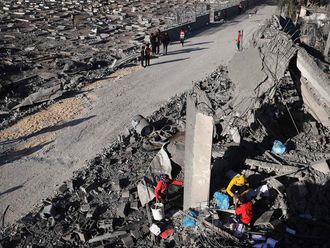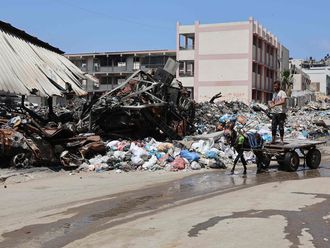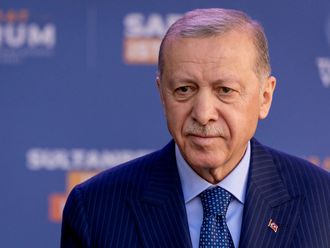As a result of 1948 conflict between the Arabs and Israelis, thousands of Palestinians lost their homes and means of livelihood.
To help them meet their social, health and educational needs, The United Nations established the United Nations Relief and Works Agency for Palestine Refugees in the Near East (UNRWA), and the organisation began operations in 1950.
Today, only UNRWA deals with the Palestinian refugees. Other refugees from other conflicts around the world are dealt with by the UNHCR — the United Nations High Commission for Refugees.
When UNRWA began its operation, it was responding to the needs of about 750,000 Palestine refugees. Today, some 5 million Palestine refugees are eligible for UNRWA services. Nearly one-third of registered Palestine refugees, more than 1.5 million individuals, live in 58 recognised Palestine refugee camps in Jordan, Lebanon, Syria, the Gaza Strip and the West Bank, including Occupied East Jerusalem.
“Socioeconomic conditions in the camps are generally poor, with high population density, cramped living conditions and inadequate basic infrastructure such as roads and sewers,” UNRWA says. “The responsibility of UNRWA in Palestine’s refugee camps is limited to providing services and administering its installations. The Agency does not own, administer or police the camps, as this is the responsibility of the host authorities.”












